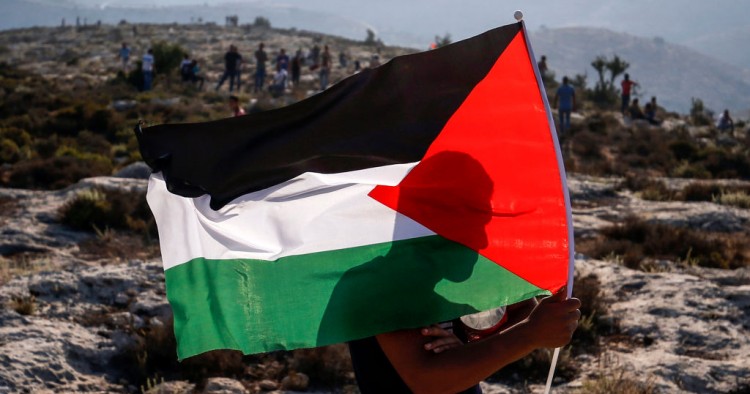Israel-Palestine Conflict Requires American Solidarity
As one of the most controversial topics in American politics, the Israel-Palestine conflict has left even the most daring political hobbyists at a loss for words. However, the controversy surrounding the issue is entirely unnecessary. Instead, open discussions about how we can untangle this knot are extremely important.
One of the reasons this conflict is so controversial is that people tie their identity to it, or even worse, because people tie someone else’s identity to the conflict. People label Palestinians as terrorists, as I have experienced from a young age, or assume that Jewish Americans support everything Israel does.
However, the solution to this is simple: dialogue and solidarity. There is no reason why a Palestinian person should be called a terrorist who supports Hamas or a Jewish person should be assumed to be a member of the Netanyahu fan club. It is hard to put biases aside, but it is necessary for progress to occur.
There must also be some form of solidarity. Jewish and Muslim communities in America are both subject to the ire of the rising white nationalist threat. Our communities have been attacked at places of worship by people who subscribe to similar views. In this environment, we have to be careful in how we talk about this conflict lest we supply ammo to the people who want us out of America.
Earlier this month, Professor Norman Finkelstein talked to the Advocates for a Palestinian Perspective, a club about human rights in Palestine. He laid out many of the obstacles that inhibit us from achieving this goal. Finkelstein is particularly emphatic about achieving actual results over aesthetic victories. He advocates for making a change instead of making yourself feel better. It is hard to know what will actually get results, but there needs to be solidarity at the heart of the movement.
Sometimes people spray paint a slogan, such as “Free Palestine,” on synagogues. This type of action is harmful to the movement that actually seeks to free Palestine from oppression. The assumption behind this vandalization is that Jewish people will always support Israeli apartheid, but this is demonstrably not the case.
The Palestinian rights movement in America is slowly but surely gaining steam. A poll said that about 53% of Democrats now support putting pressure on Israel, about 59% of Middle Eastern scholars recognize that Israel practices apartheid in the West Bank and Israeli human rights organizations like B’tselem have deemed Israel an apartheid state. It is hard to say whether or not the Palestinian Authority or Israel will do what needs to be done to end this conflict, but America is now showing some signs that it is moving in the right direction. But all the gains that we have made can disappear if there is an unnecessary conflict between American Jews and Palestinians. There is more evidence that solidarity is the key to bringing this issue to the public consciousness. Bernie Sanders’ presidential campaign demonstrated that there are Jewish people who want to treat Palestinians with dignity. He changed many people’s minds on the conflict. We need solidarity. Our communities need to take care of each other and be attentive to each other’s concerns.
It is unacceptable to excuse Israel’s war crimes or the apartheid regime they are running in the West Bank. It is intolerable to advocate for families to be expelled or excuse the attempts that have been made to take their homes. You cannot confuse the struggle against this regime and against these crimes as a struggle against Jewish people. If you do, time will be wasted, and people will get hurt.
Hani Jawabrah, FCRH ’22, is a political science major and Arabic minor from Hasbrouck Heights, N.J.










































































































































































































